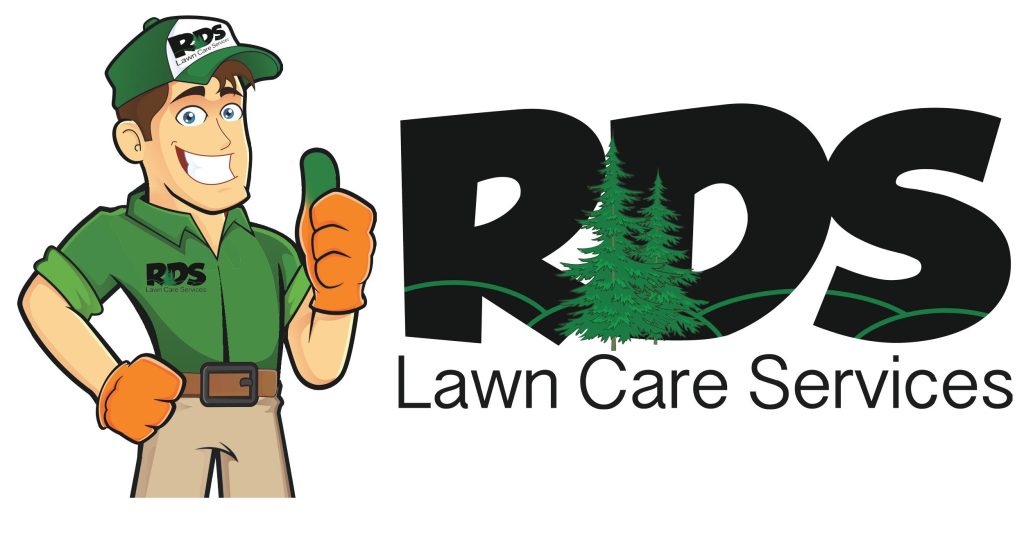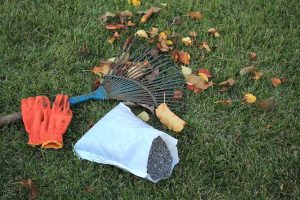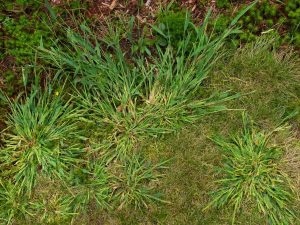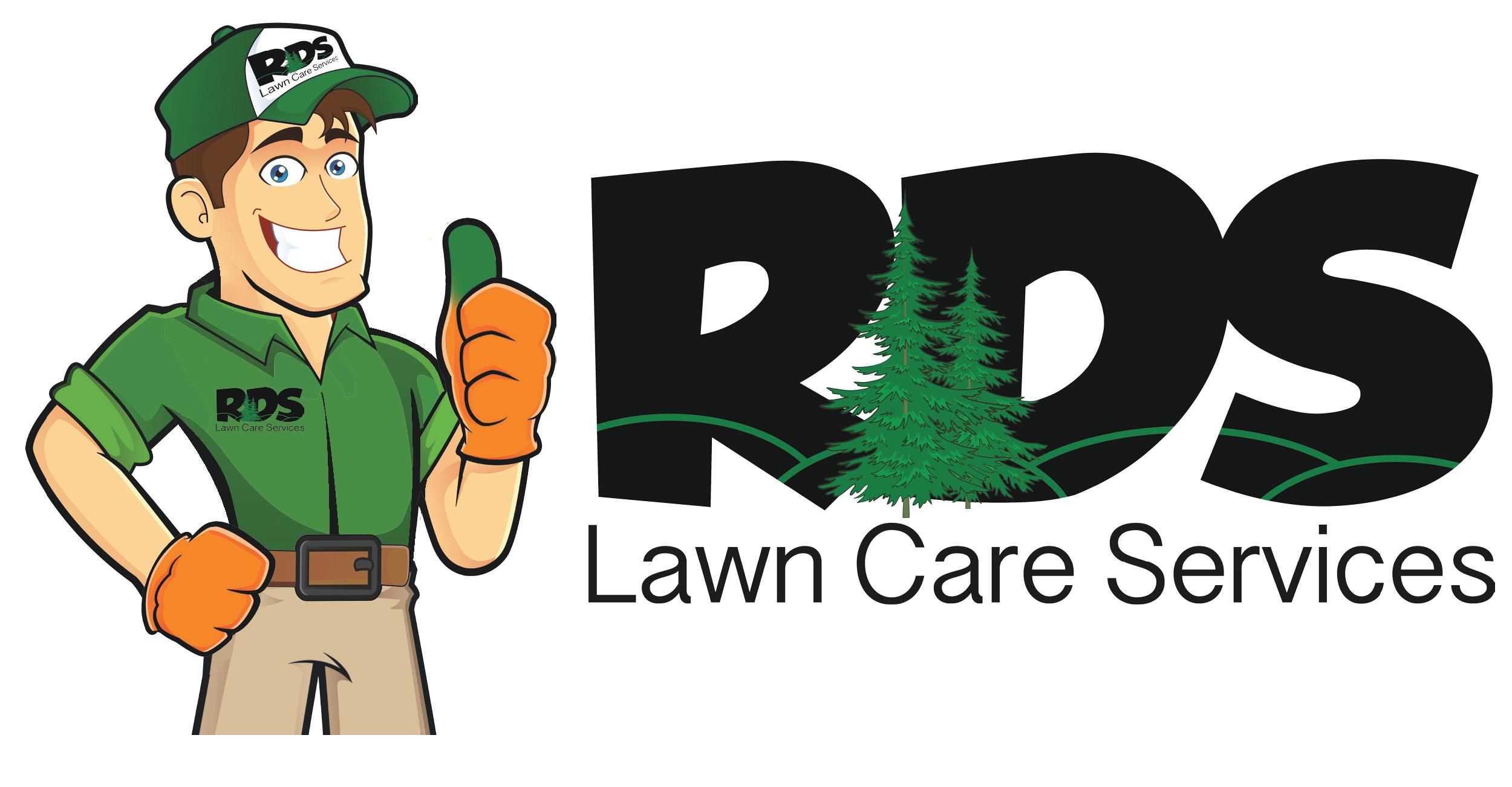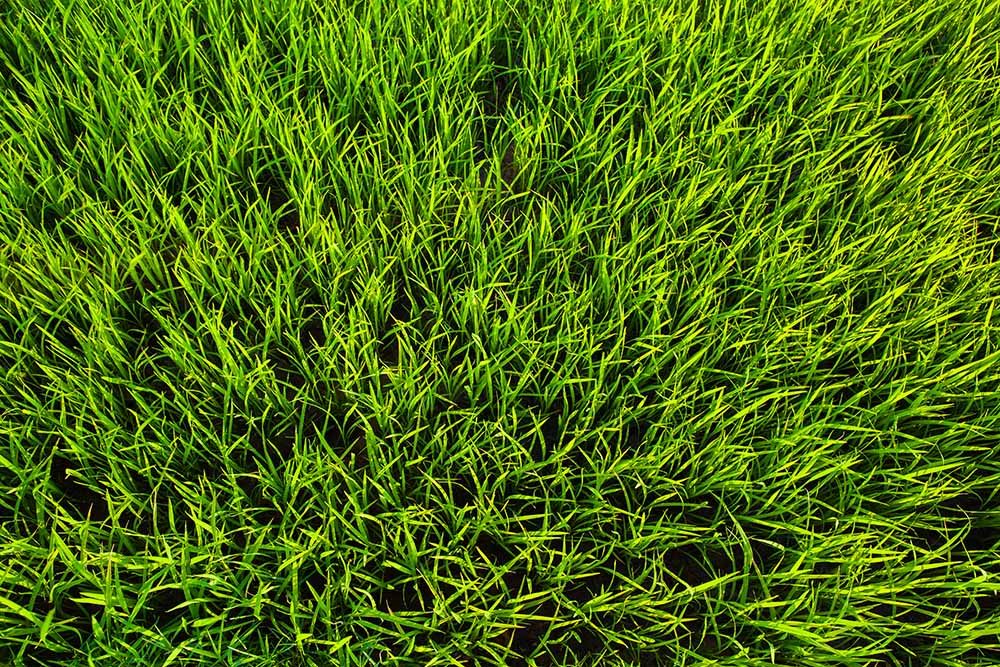
The Importance Of Specialized Treatments
Fertilizing is important No matter what type of grass you have. Now you can find two types of grass in North and South Carolina: warm-season and cool-season grass.
Don’t let the name fool you. Both can grow at different times of the year, and they have different needs as well. Similarly to how you can find two types of grass in North and South Carolina, you can also find two sub-types of grass for each of the two.
We’re talking about Bermuda and St. Augustine for warm-season grass and Kentucky Bluegrass and Tall Fescue for cool-season grass. Each one is a world of its own!
If you live in Belmont, Charlotte, or Mt. Holly NC you need to know all about these types of grass.
Read about them down below!
What are the differences between warm-season and cool-season grass?
As you can probably tell, warm-season grass grows best in warm weather, and on the other hand, cool-season grass thrives in cold weather.
In America, you’ll find warm-season grass all over southern states and cool-season grass being more common in northern states.
When it comes to North and South Carolina, you’ll find both types of grass because of how diverse the climate is here.
In our area, warm-season flourishes in the late spring to early fall, when temperatures are over 80 degrees. After that period, this kind of grass will enter a dormancy period – and that’s when cool-season grass thrives.
When the temperature dips below 75 degrees throughout spring and fall, that’s when cool-season grass appears. With proper lawn care, you can have healthy cool-season grass through the hot summer as well.
Can fertilizing help your grass?
Whether you have warm-season grass or cool-season grass, you can use fertilizer to keep it healthy and strong.
Most fertilizers make use of nitrogen, phosphorous, and potassium. This combination is known as NPK, and it’ll fortify your lawn, making it look better than ever.
Each one here has a special purpose:
- Nitrogen enhances color and fosters growth.
- Phosphorous helps establish deep roots, setting it up for long-term success.
- Potassium improves resiliency to overcome drought, disease, pests, and other threats.
Keep in mind you have to know your way around fertilizer to use it properly. You need to know when to apply it, and that moment in time varies depending on whether you have warm-season or cool-season grass.
If you do it right, your grass will thrive and be protected from harm; do it wrong, and you’ll potentially hurt your lawn.
What types of grass are there in North Carolina and South Carolina?
Warm-season grass: Bermuda and St. Augustine
- Bermuda: A deep green and dense grass, one that’s remarkably durable. It grows quickly but requires plenty of sunlight to do so. In contrast, it can stand drought conditions and takes foot traffic quite well. It’s the go-to grass for golf courses and athletic fields. You must fertilize it from spring to early fall, but never in winter. Use nitrogen-rich fertilizer in the spring, potassium-rich fertilizer in the early fall.
- St. Augustine: Dark green and moderately dense grass, features a coarse texture. It thrives in warm and humid climates, and while it grows better in sunlight, it can stand to be in the shade. This type of grass cannot survive in long periods of cold weather. Use an NPK fertilizer from the middle of spring until the end of summer.
Are you ready to make your lawn thrive? Let us help you with that!
Fertilizing is a tricky subject. As you know, doing it right can improve your lawn tenfold. Doing it wrong, however, can greatly harm it. Because of that, we can take care of the hassle of fertilizing your lawn – so you can enjoy looking at it every morning.
Our team of lawn care experts and professionals is ready to help you with any fertilizer-related need you have. We offer a comprehensive fertilization service in Charlotte, Mt. Holly, Belmont NC, and other nearby areas.
You can have a beautiful lawn – call us today to make it happen!
